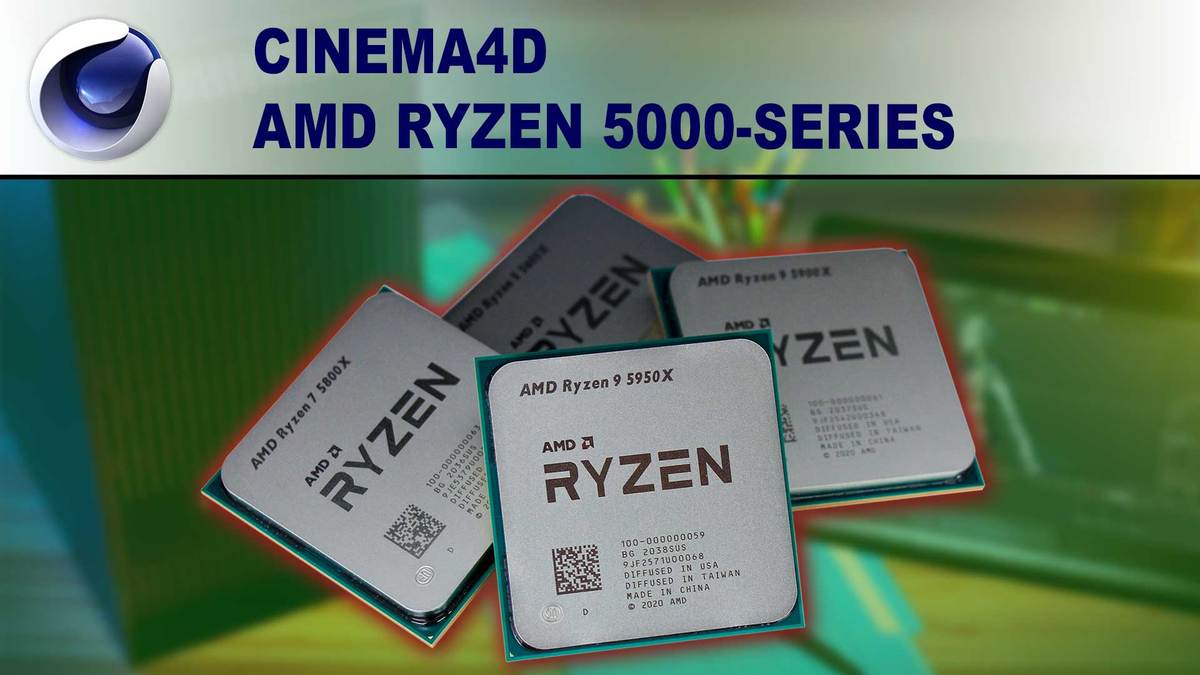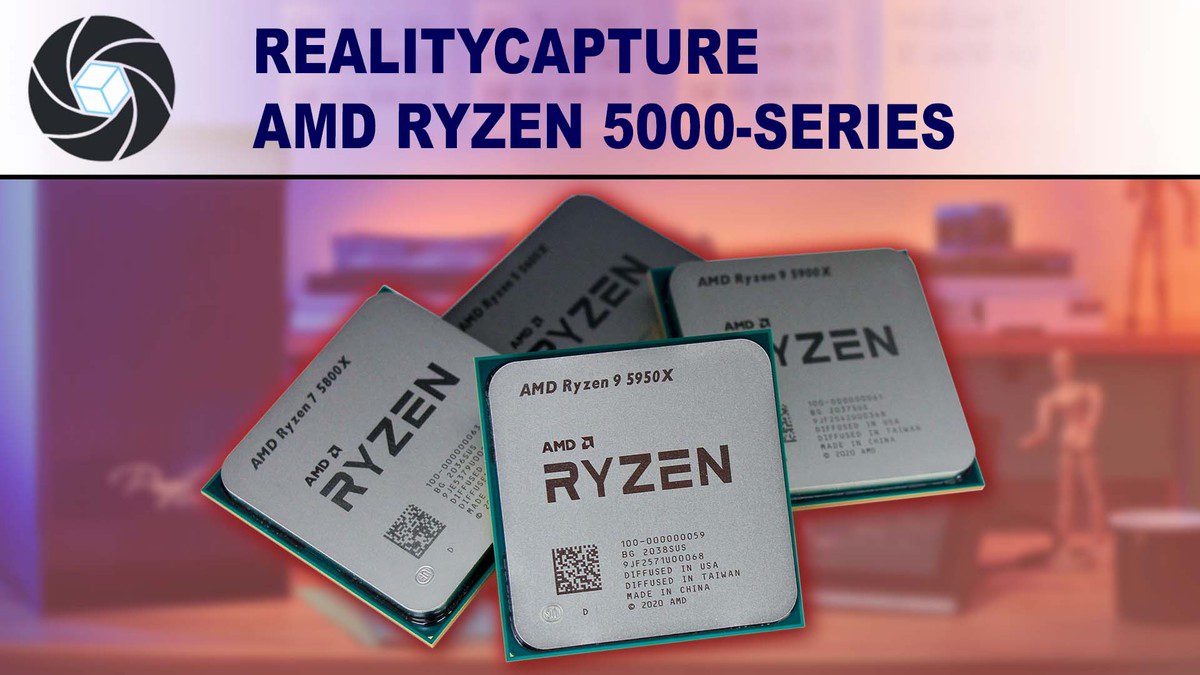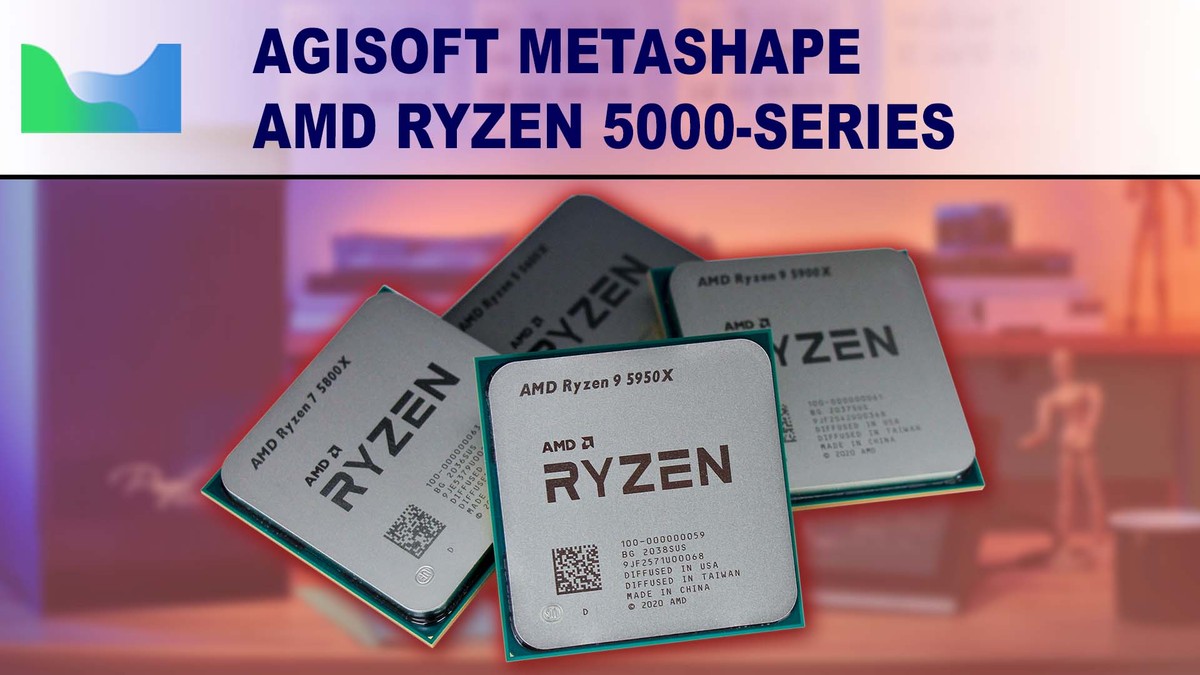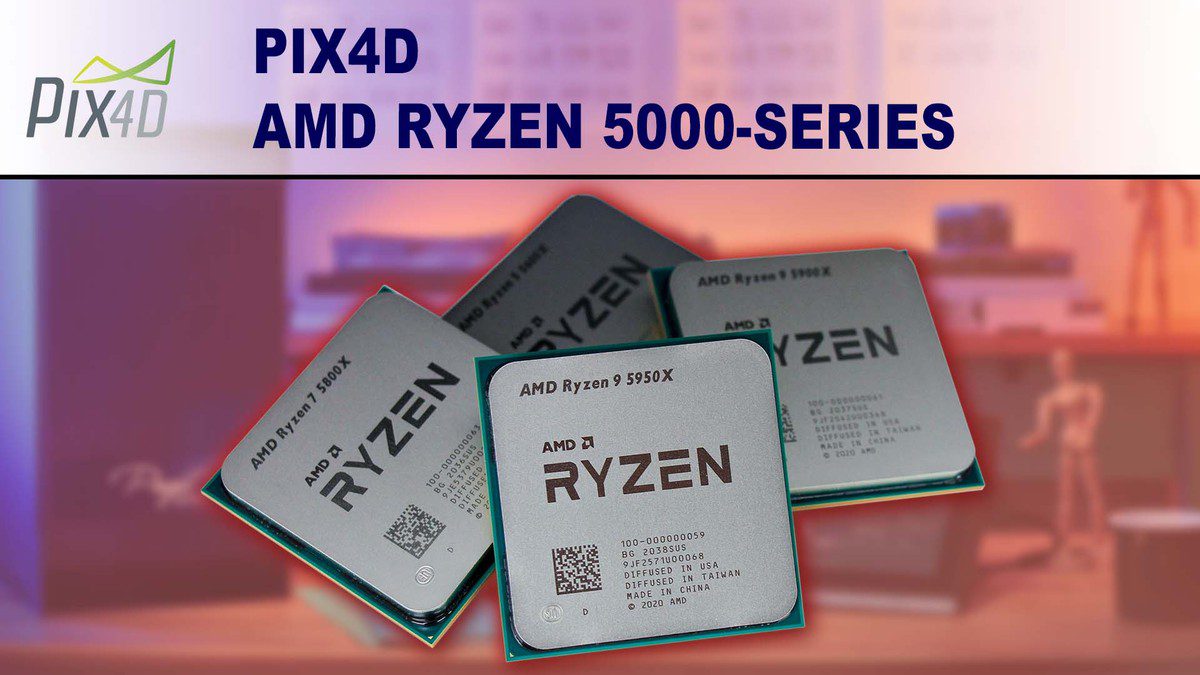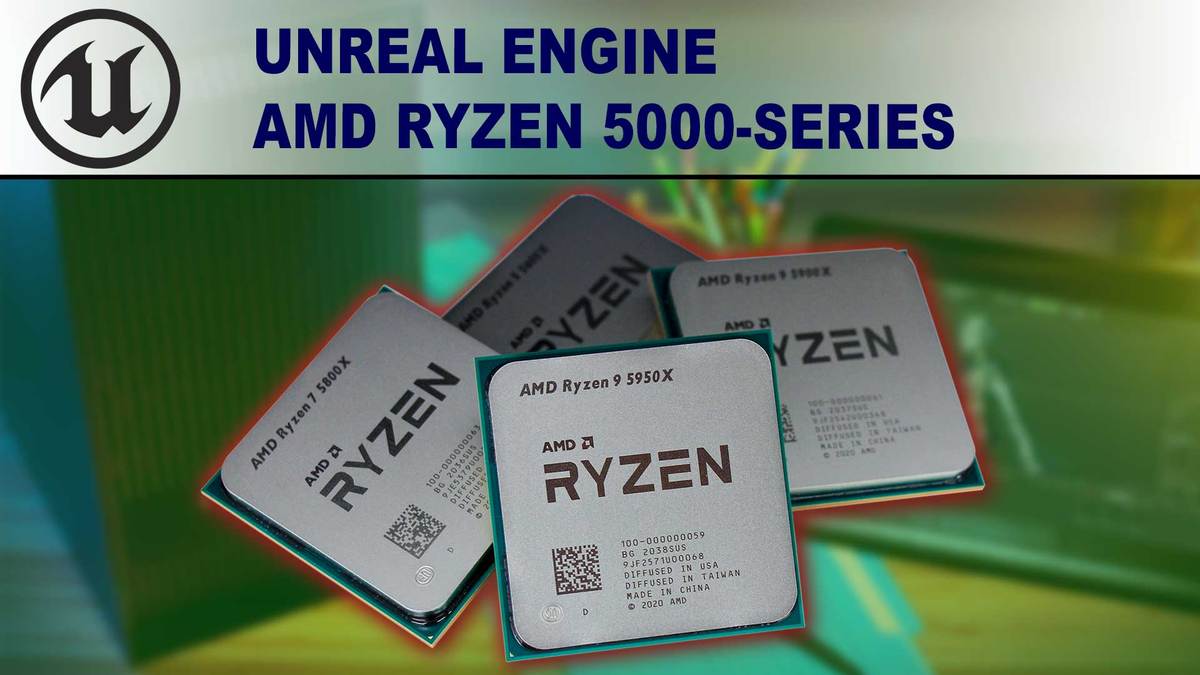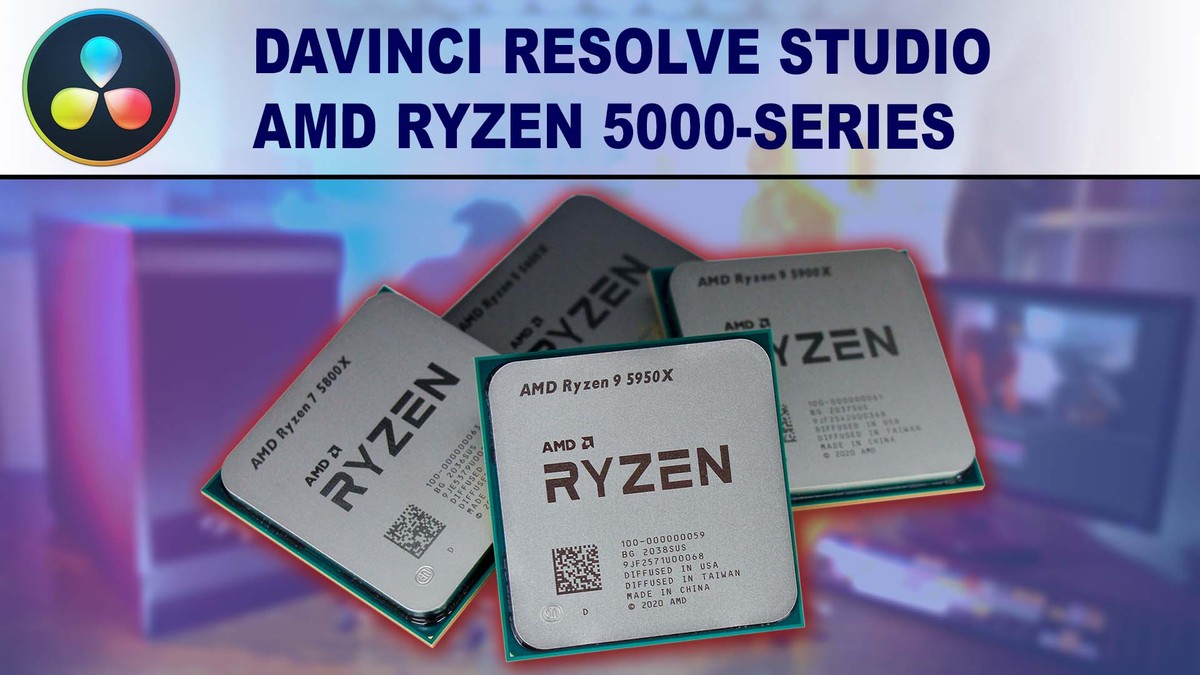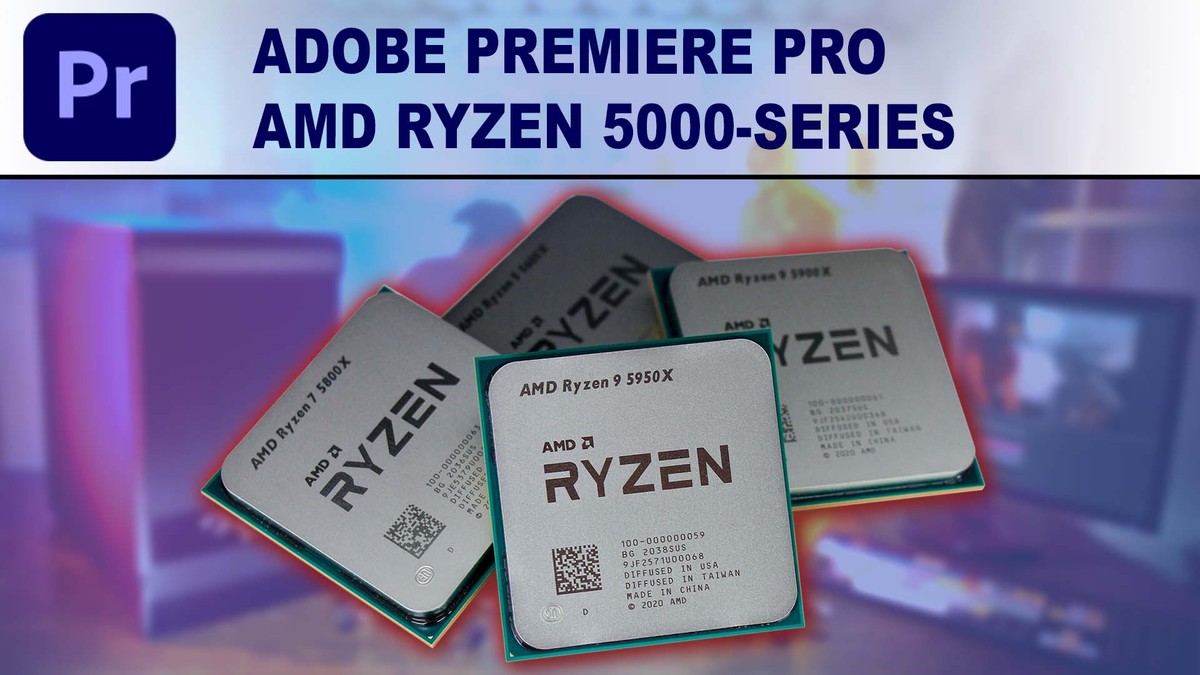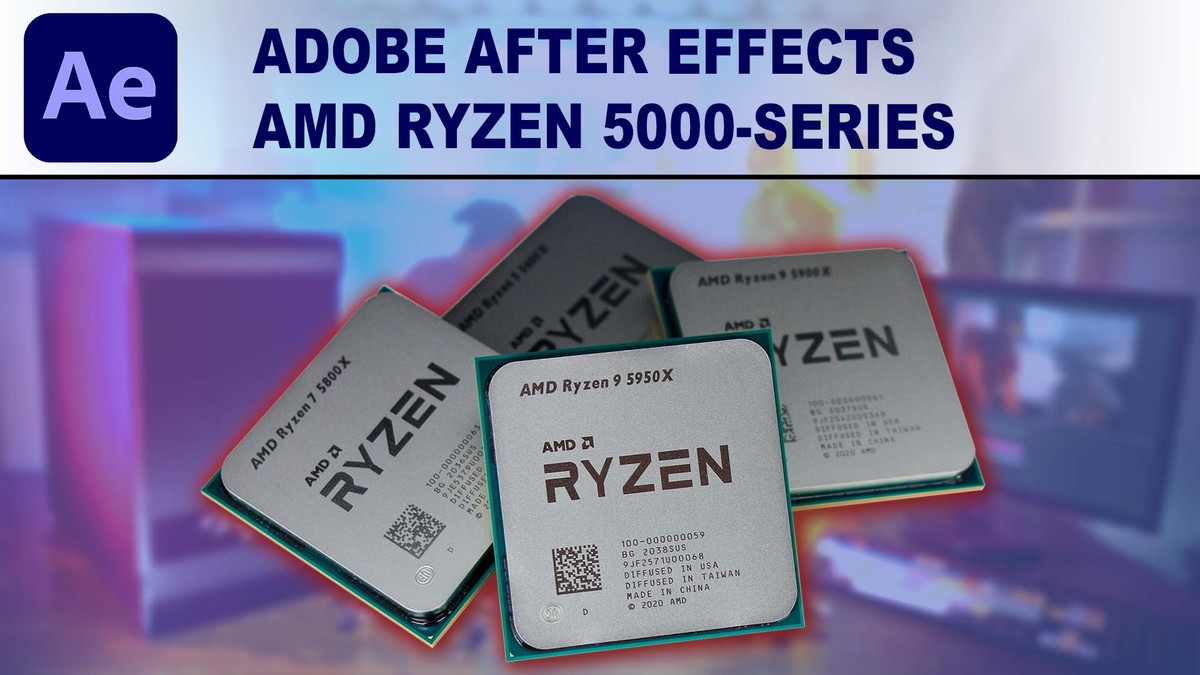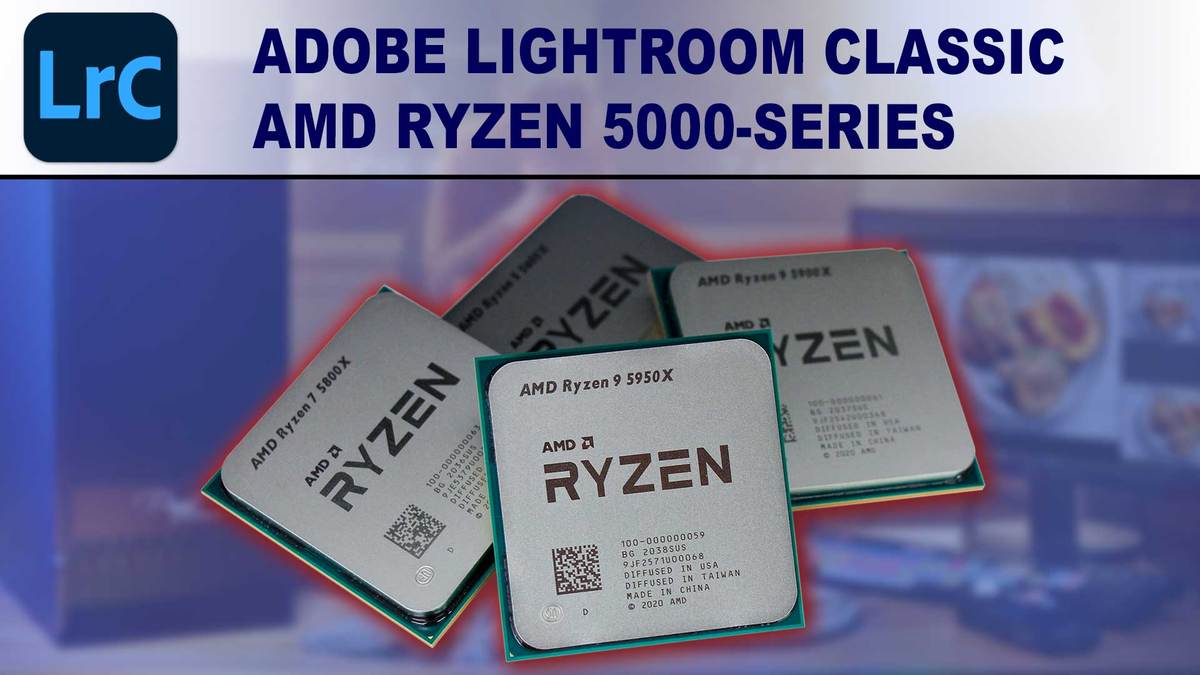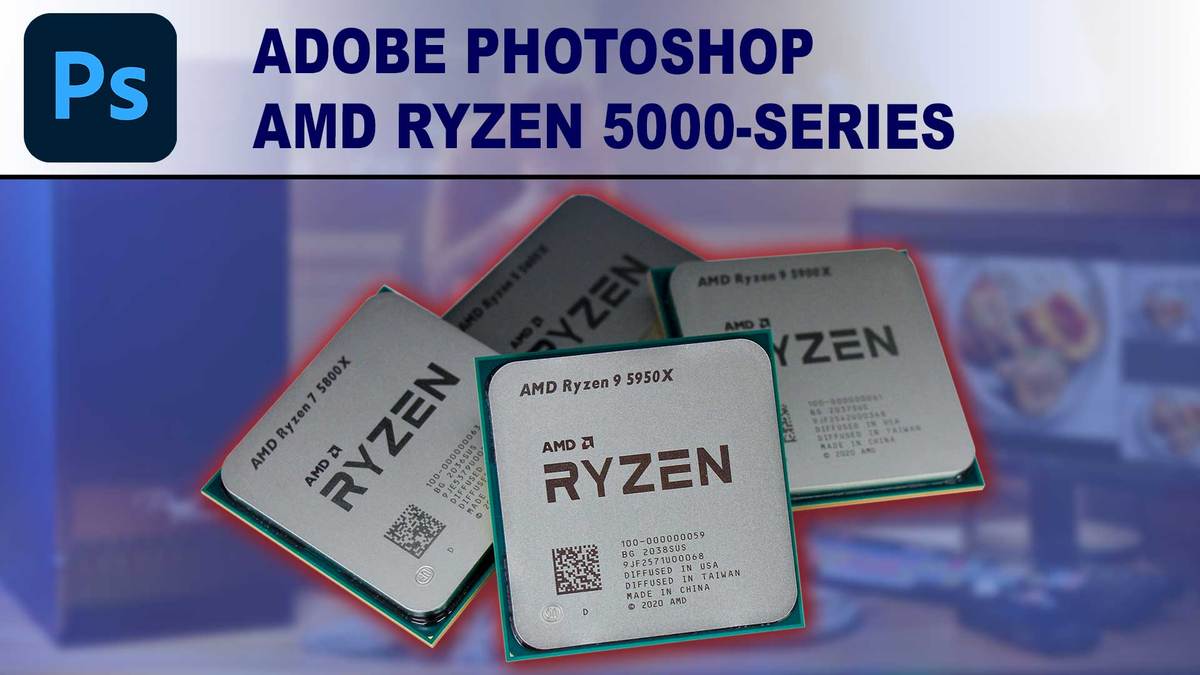AMD’s has launched the Ryzen 5000 Series, bringing with it the updated Zen 3 microarchitecture and substantial performance improvements over the previous generation. How much of an impact do those changes have on rendering in Cinema 4D? And what can we expect with regard to modeling and animation performance in the viewport?
